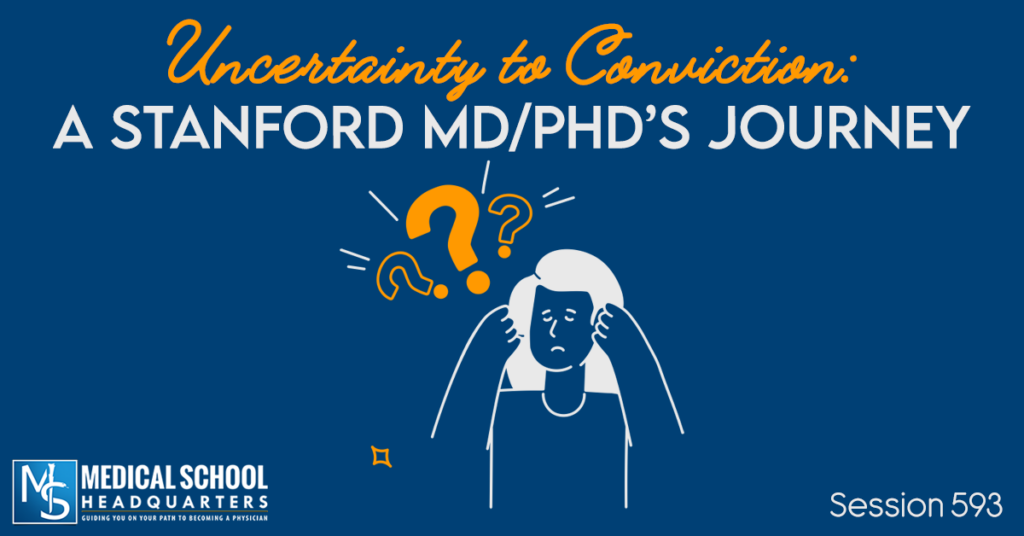Many factors go into deciding who to ask to write you a letter of recommendation (LOR) for your medical school application. Add on the fact that each school can have its own requirements, and it can be a very stressful decision. Only you and your letter writer can decide whether they’re a good choice, but this article will guide you as you consider the most important factors in this decision.
Medical School Requirements
Each school will have a list of the number and types of LORs they want to receive. Luckily, there’s a lot of overlap between schools. Be sure to do your due diligence and ensure you have all your bases covered. To meet the vast majority of LOR requirements, you should plan to have two letters from science professors and one letter from a non-science professor. Many students will also include a letter from a physician they’ve shadowed or worked with, but most schools do not require it. If you’re a nontraditional student who will struggle to get some or all of these academic letters, you might have other options. You can check the school’s website or email them to ask if alternatives are available. Potential alternative sources include a work supervisor or principal investigator.
You can also reconnect with a previous professor enough that they feel comfortable writing you a letter of recommendation. This requires some pre-planning, so it’s good to have a sense of who you might want to ask for a letter before making the official request. For more advice on this, check out our guide on building and maintaining relationships with professors.
Schools will also provide a minimum and maximum number of LORs they will accept. I recommend that students only submit the minimum amount of letters. The committee members reviewing your application are busy. Narrowing down the number of letters you submit can also help ensure you only submit the best letters possible.

Put the Personal Connection First
Don’t ask someone for a letter of recommendation because they’re well-known in their field or are an alumnus of the school you’re applying to. When writing a letter of recommendation, the personal connection and knowledge of the candidate are much more important than any prestige. The only time prestige or social capital should be part of your decision is if you’re choosing between two writers who can otherwise write about you identically.
Do You Need a Physician Letter?
The majority of medical schools do not require a recommendation letter from a physician. Some students think they can only apply to osteopathic medical schools if they have a letter of recommendation from an osteopathic physician, but this isn’t true for the vast majority of schools. 25 osteopathic medical schools require a physician letter, but this can be from an MD or DO.
You can take this as a sign to make at least one of your shadowing experiences a longer relationship. A physician you’ve shadowed once won’t know you well enough to write you a strong letter. At some point during a shadowing experience, you can let the physician know you’re hoping to ask for a letter of recommendation eventually. You can also discuss with them what they would require to be able to write you a strong letter. You can also ask for their advice on what makes a strong student and follow that.
Key Takeaways
Make sure you’re fulfilling the requirements of the schools you’re planning on applying to. If you don’t think you’ll be able to fulfill a requirement, you can contact the school and see whether there’s an alternative option available. You can also build your school list with consideration to the letters you expect to have.
Focus on your connection with the letter writer over qualifications like prestige and career length. For instance, if you got to know the TA much better than the professor for the course, you may be able to have the TA write the letter and have it co-signed by the professor.






